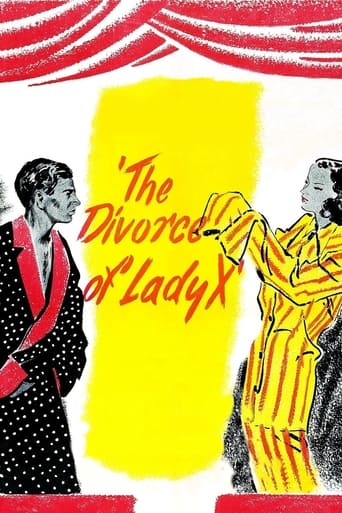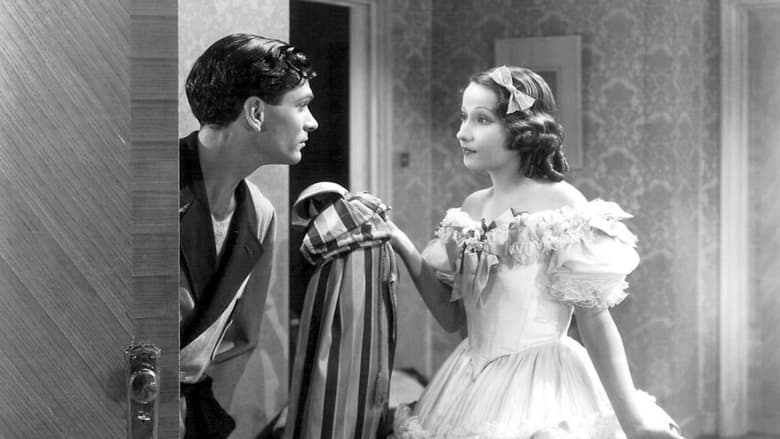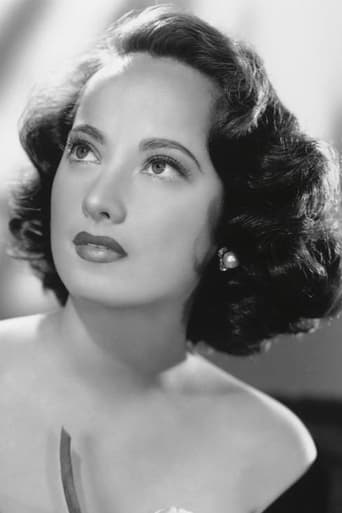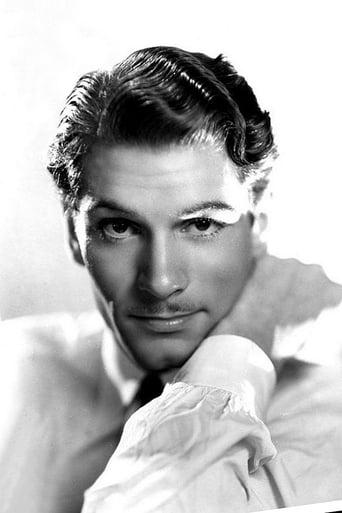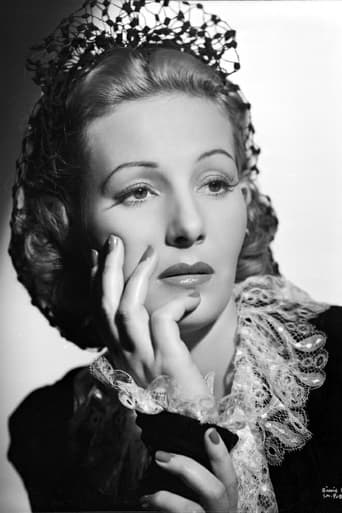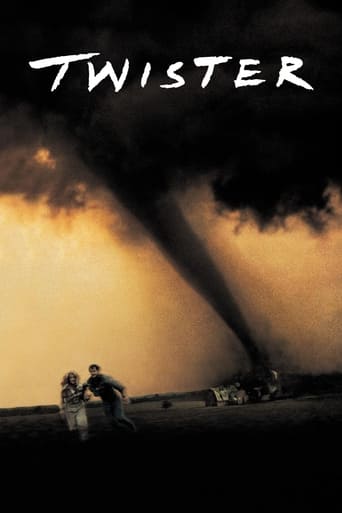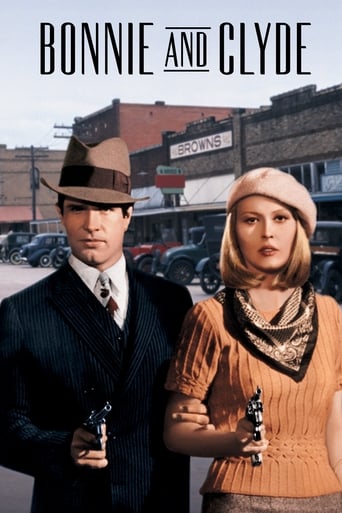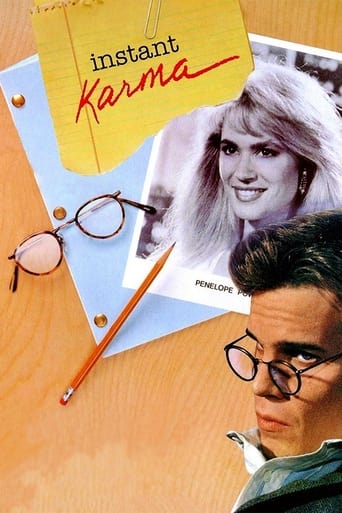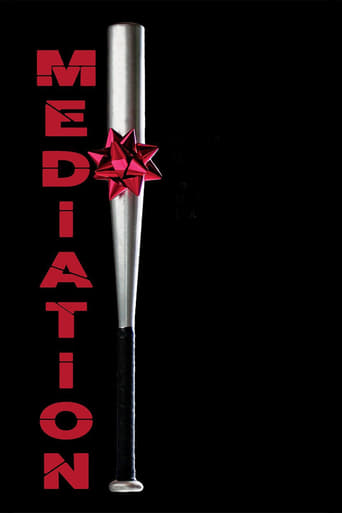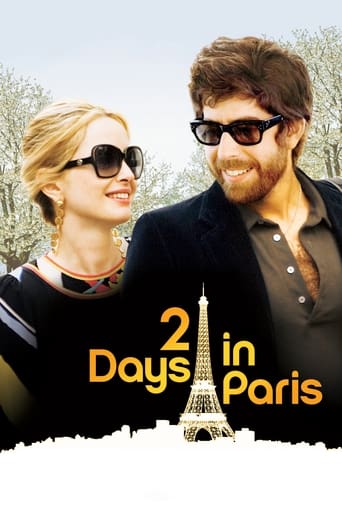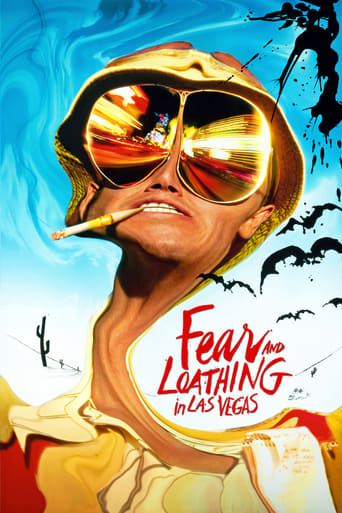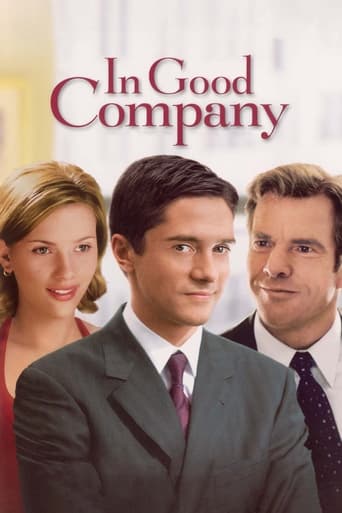The Divorce of Lady X (1938)
The morning after a London barrister lets a mystery woman stay in his suite, a friend files for divorce.
Watch Trailer
Cast


Similar titles
Reviews
Sorry, this movie sucks
good back-story, and good acting
It's not great by any means, but it's a pretty good movie that didn't leave me filled with regret for investing time in it.
The first must-see film of the year.
Based on the 1931 play "Counsel's Opinion" by Gilbert Wakefield, this is a rather charming comedy of manners. The film was more fun than funny, to be honest. It reminded me of a P.G. Wodehouse story where the razor sharp wit had been dulled a little. There was a great deal of comic potential in the film but it is not explored as effectively as it could be. That said, it has pretty good script by Lajos Bíró, Ian Dalrymple and Arthur Wimperis and is reasonably well directed by Tim Whelan. The Technicolor was more adequate than glorious, I'm afraid. The self-consciously light-hearted music by Miklós Rózsa is a little distracting, particularly in the overlong hotel room scenes.The film stars Laurence Olivier in quite a good performance as Everard Logan, a divorce lawyer with a rather high opinion of himself and a rather low opinion of women's morality. Due to a particularly thick fog ("a real pea souper") even by London's standards, the attendees of a costume ball are forced to stay in the Royal Park Hotel, which is not exactly a refugee camp admittedly, for the night instead of returning home as they had originally intended. As the hotel is fully booked, the manager suggests availing of the kindness of those guests with suites so that several people may sleep in their living rooms. Logan is such a guest but he is not too obliging as he is exhausted after two days of sleep and knows that any woman in his suite would be able to sweet talk him into giving up his bed. However, the adventurous Leslie Steele, played somewhat variably by the producer Alexander Korda's soon-to- be wife Merle Oberon, refuses to take "no" for an answer and sneaks into his room. Hijinks ensue. These hijinks are certainly the weakest part of the film as they seem a little out of step with the rest of the film's predominantly dialogue orientated scenes. As often happens in romantic comedies, their bickering turns to love in the blink of an eye. Things become more complicated when Logan's acquaintance Lord Mere, played by the interminably dull Ralph Richardson, tells him that he wants a divorce as his wife is cheating on him since her maid saw her exit the room of a man at the Royal Park Hotel. In a classic comic misunderstanding that is used fairly well in the film, Logan incorrectly assumes that Leslie is, in fact, Lady Mere. When she discovers this, she does not disabuse him of that notion as she wants to have a little fun at his expense. This involves adopting Lady Mere's romantic history as her own, which includes three former husbands and "episodes" with Mr. Miller the First, Mr. Miller the Second and Senor Mendoza from the Argentine.I have often said that Olivier is my absolute favourite actor and I stand by that but the role of Logan was not one that played to his strengths. In later comedies such as "The Demi-Paradise" and "The Prince and the Showgirl", he played his roles straight with wonderful results. On this occasion, however, he sent up the material quite a bit and that approach doesn't really work terribly well for either his performance or the film itself. I never particularly wanted to see Laurence Olivier do a pratfall but he does one in this film, which is probably not the first thing that he mentioned on his hugely impressive CV. He is certainly much better in the film's calmer and more serious moments than in its more slapstick ones. There are flashes of brilliance here and there where his great skill as an actor was evident but I don't think that this is a film that really suited his style of acting. Or maybe vice versa. Or both. It may have been better with another actor but, to be honest, I watched it for the sole reason that Olivier was in it. The film also features good performances from Edward VII's alleged illegitimate son Morton Selten as Leslie's stern but loving grandfather Lord Steele, an imposing judge whom Logan often faces in the divorce courts, and Binnie Barnes as the real Lady Mere. Incidentally, Barnes played Leslie in the play's 1933 adaptation under its original title, which is now a lost film and one of the 75 lost films on the BFI's Most Wanted List. Check your attics. The film's last surviving cast member is Lewis Gilbert. While his acting career ended before it began, he had a very successful career as a director including three Bond films, "Alfie", "Educating Rita" and "Shirley Valentine". Overall, this is a nice, charming film which is wonderfully English at times but it could have benefited from stronger writing and performances.
The British cinema did not make many colour films in the thirties and forties, and the ones they did make often seemed ill-chosen. At least the Americans tended to reserve Technicolor for their more spectacular movies. I have never, for example, really understood why David Lean chose to make that dull domestic drama "This Happy Breed" in colour, and "The Divorce of Lady X"- a very early example of British Technicolor- is another which would have worked just as well in black-and-white.Leslie Steele, a young socialite attending a charity ball at a London hotel, has to stay overnight because of a particularly bad "pea-souper" fog. As there are no rooms available, she is forced to share a suite with Everard Logan, a handsome young barrister specialising in divorce cases. Leslie is single, but a misunderstanding makes Logan believe that she is married, and she plays along with this misapprehension. Later Logan is approached by an old school friend, Lord Mere, who asks him to represent him in a divorce suit against his wife whom he suspects of adultery. Logan has never met Lady Mere, who happens to have been another guest at the same party, and a further series of misunderstandings leaves Logan convinced firstly that Lady Mere was the woman who spent the night in his suite and secondly that he himself is the man whom Lord Mere suspects of being his wife's lover. To complicate matters further, he is starting to fall in love with Leslie, even though he believes her to be another man's wife. Despite all these complications, he agrees to take on the case.This was a remake of another film, "Counsel's Opinion", made only five years earlier by the same company, London Films. (Binnie Barnes, who plays Lady Mere here, appeared as Leslie in the earlier film). I have never seen "Counsel's Opinion", but the fact that it was remade so soon afterwards, in the then very expensive medium of Technicolor, suggests that the story was a popular one in the thirties. Today, however, it is difficult to understand why. To start with, it is obvious that the scriptwriters had very little legal knowledge. This becomes clear when Logan, in the middle of cross-examining a witness, suddenly launches into a lengthy tirade against modern women, only dubiously relevant to the subject of his cross-examination, without incurring the immediate severe rebuke from the Judge which would be the reward of any barrister who tried such tactics in real life. As a barrister, Logan would not have been permitted to receive instructions direct from his client rather than via a solicitor. And, most importantly, you don't need to know much about legal etiquette to realise that the idea of a lawyer prosecuting a case in which he himself might be named as a co-respondent is quite absurd.These legal howlers might have been forgivable if the film had been made as a zany farce- there is, after all, something farcical about the idea of a lawyer ending up suing himself through a series of misunderstandings- but in a romantic comedy set in the world of the law they are simply embarrassing. They are not, however, the only reason why the story just does not work today. The best thing about the film is the lovely Merle Oberon. (Her husband, Alexander Korda, acted as producer). Laurence Olivier, however, seems strangely miscast. Now I have never been an adherent of that school of thought which holds that Olivier could not convincingly play any character born after around 1600, but light comedy was never really his forte, and he seems rather stiff as Logan. (His comedic skills did not improve with age, either. In "The Prince and the Showgirl", a film he himself directed some twenty years later, he was to prove even worse than he is here).The main problem, however, is that tastes in humour have changed since 1938. Comedies about divorce and remarriage were very popular in the American cinema around this period, and although the British tended to be more Puritanical about such matters, films like this were not unknown on this side of the Atlantic. Now some of the American comedies of divorce were very good; "The Philadelphia Story", for example, must still rank as one of the best comedies ever made. Others, however, have dated badly; one example which comes to mind is "My Favourite Wife", even though it shared a leading man (Cary Grant) with "The Philadelphia Story". An important part of their original appeal is that they were considered modern, daring and ground-breaking and a way of showing just how modern, daring and ground-breaking the 1930s and 1940s were in comparison to the boring, fuddy-duddy 1910s and 1920s. Any objections from moralists could be overcome by pointing out that many of them end with the feuding couple still together or remarried. (In "The Divorce of Lady X" Lord and Lady Mere eventually reconcile when he discovers she is innocent of any wrongdoing).More than sixty years on, however, films like this are no longer seen as daring or modern; in fact, the social attitudes they enshrine often seem very outdated. "The Divorce of Lady X" probably never had much going for it beyond the fact that it was trendy by the standards of 1938. That, unfortunately, does not in itself make it worth seeing in 2014. 4/10
"The Divorce of Lady X" is a lovely color film produced by Alexander Korda--a man who had a great history producing films in the UK and US. However, compared to many of Korda's other great films, this one comes up a bit average. It has a great idea but something about it kept it from being a bit better.The film begins in a horrible London fog. It's so foggy that folks can't get home and a hotel is totally booked. The last person to get a room, Everard (Laurence Olivier), is dead tired and miffed when the management asks him to share his suite since there are so many looking for rooms. Despite this, a very pushy and determined woman, Leslie (Merle Oberon), is able to finagle a bed in his room--and here is complications arise. He thinks she's a married woman and the next day, a man comes to hire him (as he's a barrister--that's a lawyer to us Americans) to sue his wife for divorce--and the woman the new client describes sounds EXACTLY like the woman who just spent the night with him! What's he to do? He's initially afraid that he's about to be named a co-respondent but later it's more complicated when he thinks that he's falling in love with this woman--a woman he thinks has been married four times already!I nearly gave the movie a 7, so I did like it. However, sometimes I really thought they made Oberon's character too obnoxious and unlikable. Additionally, why Olivier's character would want to marry her is perplexing considering she's so obnoxious, manipulative AND he thinks she's been married many times already. Add to this a ridiculous courtroom scene at the very end, it just kept me wishing they'd edited or re-written the thing a bit.
You very rarely get to see Laurence Olivier do comedy but in this he does his very best. Merle Oberon is the star of this for sure but the real star of this film is the story, and the chaos of it.With this fun little English gem you'll get a comedy of errors. You know the kind. The one where all each character has to do is ask 1 basic question and the whole confusion would be solved. Not in this one. Without the question, we get keystone cops of a romantic nature.The simple idea is that a heavy fog rolls into London and everyone has to find a place to stay for the night. Olivier stops and finds a room at a hotel where a Victorian themed ball is going on. These attendees find out too late to get a room at the hotel...except ms. Oberon. She finagles her way into Olivier's room and from this, chaos comes soon after. A fun kinda chaos.Watch this and see what a girl can do to a guy just by batting her eyelashes and using her "feminine wiles" to get what she wants....in a real cute way. See why no man in the world has a chance against a beautiful and charming woman. For any guy out there, see this and you'll wanna be Olivier. You'll wanna be charmed by Merle Oberon.

